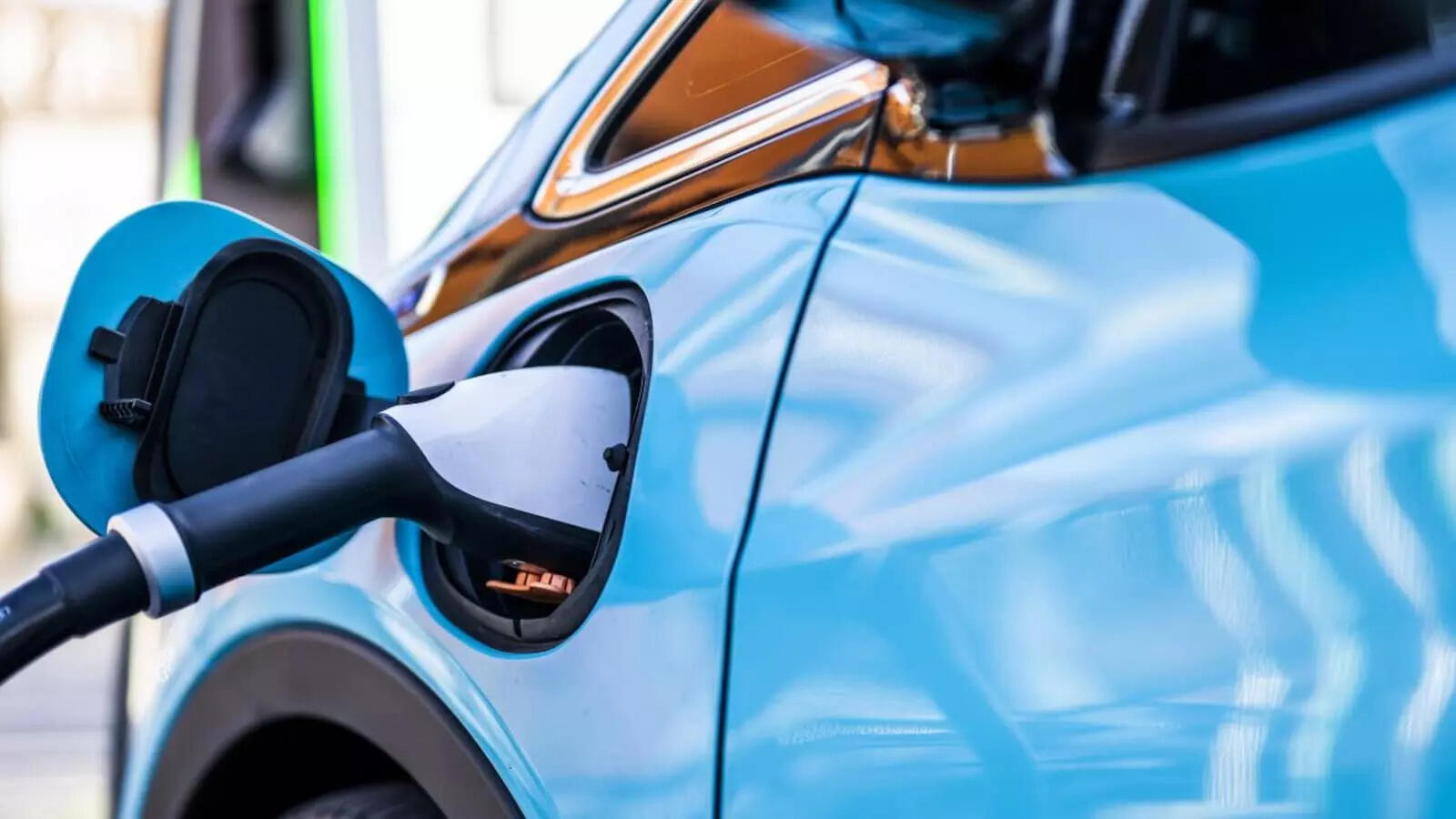
Global luxury carmakers in India see adoption to electric vehicles making a rapid stride in the segment as compared to the mass car market and expect the penetration to be much faster – 10-15% by the end of 2023 and almost 50-60% by the end of the current decade.
Year-to-date (April to December) EV penetration in the mass car segment stood at 0.8%, up 33 basis points from the FY22 level, according to a recent research report by BNP Paribas.
Encouraged by the response to the recent e-luxury car launches – most are pre-sold even before they arrive in India, both BMW and Audi are considering commencing local assembly of some of their EV models. But they will firm up the plans once the volumes reach a particular threshold.
As of now, only Mercedes Benz locally assembles the EQS580, one of the four models that it sells here.
The India subsidiaries are in dialogues with the parent companies for higher allocation of units. The imported models attract peak duties and majority of them are priced above ₹1 crore making them unaffordable for a large swath of buyers. The high prices and inadequate charging infrastructure, however, have not been a deterrent –neither for the manufacturers nor the buyers.
BMW India on Saturday launched the i7 xDrive60 – the electrified version of the seventh generation 7-Series. Priced at ₹195,00,000, the model boasts of a range of 650 kms on a single charge and can accelerate from 0 to 100 in 4.7 seconds, the company claimed.
“We plan to have 15% of our global sales coming in from EVs by end of 2023. It was 9% per cent 2022,” Jean Philip Parain, senior vice president sales region Asia-Pacific, Eastern Europe, Middle East and Africa told ET. In India, this could be in excess of 10%, he said. The i7 is the fourth electric offering from BMW Group in India in less than two years. In 2022, it launched the MINI Electric, mid-sized sedan i4 and SUV iX. Like the rest of the models that are fully imported, the flagship i7, that competes with the Mercedes EQS, will also sell as an FBU (fully built unit).
“We will consider local assembly of models only if the volumes reach a particular threshold,” said Vikram Pahwa, president BMW India.
A lower GST of 5% and an exemption from road taxes on EVs have been prompting global luxury car companies to launch a product offensive in India.
Also Read:
